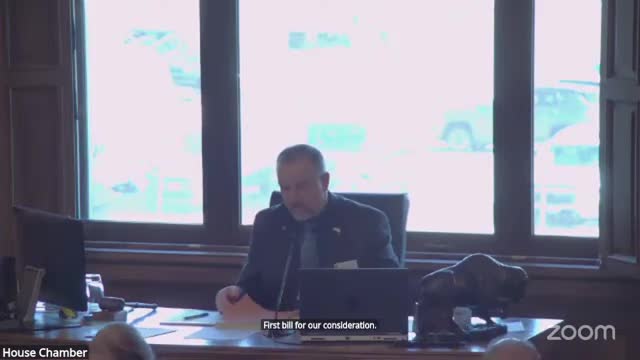Article not found
This article is no longer available. But don't worry—we've gathered other articles that discuss the same topic.
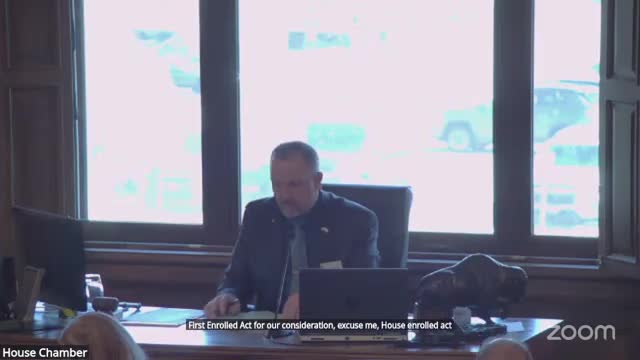
At a glance: enrolled acts signed and multiple Senate files pass the House
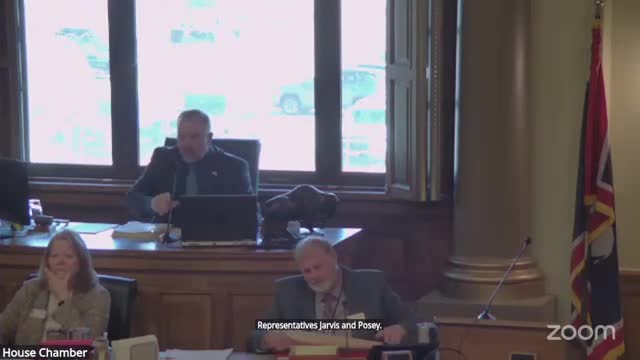
Taipei Economic and Cultural Office director praises Wyoming‑Taiwan ties, cites trade and chip industry links
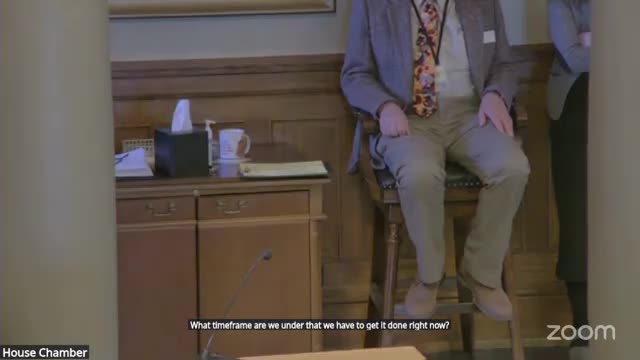
House overrides three gubernatorial vetoes on abortion ultrasound, Hathaway scholarships and charter schools
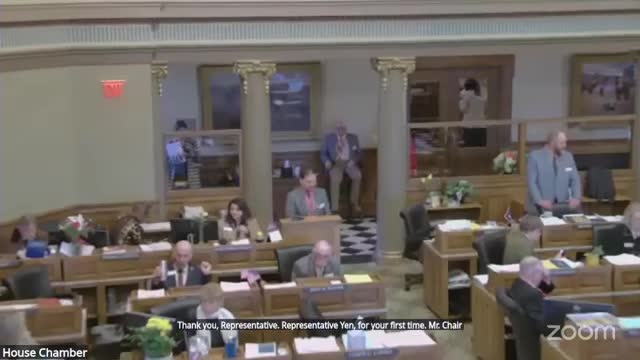
House approves $20 million amendment to begin Campbell County high school project
